To provide the best experiences, we use technologies like cookies to store and/or access device information. Consenting to these technologies will allow us to process data such as browsing behaviour or unique IDs on this site. Not consenting or withdrawing consent, may adversely affect certain features and functions.
The technical storage or access is strictly necessary for the legitimate purpose of enabling the use of a specific service explicitly requested by the subscriber or user, or for the sole purpose of carrying out the transmission of a communication over an electronic communications network.
The technical storage or access is necessary for the legitimate purpose of storing preferences that are not requested by the subscriber or user.
The technical storage or access that is used exclusively for statistical purposes.
The technical storage or access that is used exclusively for anonymous statistical purposes. Without a subpoena, voluntary compliance on the part of your Internet Service Provider, or additional records from a third party, information stored or retrieved for this purpose alone cannot usually be used to identify you.
The technical storage or access is required to create user profiles to send advertising, or to track the user on a website or across several websites for similar marketing purposes.
 Three-quarters (75 percent) of business decision makers say their organisation’s environmental and social impact has become more important due to COVID-19, according to new research from Epson. The research claims that business decision makers are taking action too, with more than half (55 percent) confirming they are now paying more attention to these targets compared to six months ago. (more…)
Three-quarters (75 percent) of business decision makers say their organisation’s environmental and social impact has become more important due to COVID-19, according to new research from Epson. The research claims that business decision makers are taking action too, with more than half (55 percent) confirming they are now paying more attention to these targets compared to six months ago. (more…)






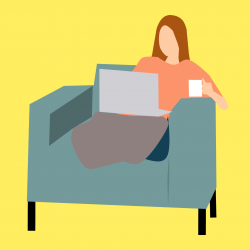 The vast majority of UK office workers neither want to continue working remotely after Covid-19 restrictions lift nor make a full return to the 9 to 5. This is despite the fact that many admit that remote work has reduced their productivity. Those are the main claims of new research released by
The vast majority of UK office workers neither want to continue working remotely after Covid-19 restrictions lift nor make a full return to the 9 to 5. This is despite the fact that many admit that remote work has reduced their productivity. Those are the main claims of new research released by 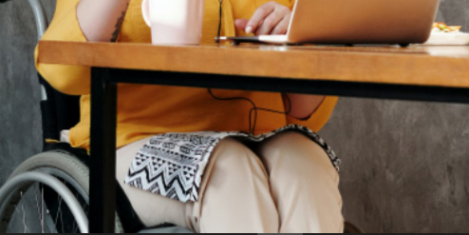
 A vast majority of managers (75 percent) faced challenges with employees when working remotely, causing concerns within businesses preparing for the second UK lockdown.
A vast majority of managers (75 percent) faced challenges with employees when working remotely, causing concerns within businesses preparing for the second UK lockdown. 

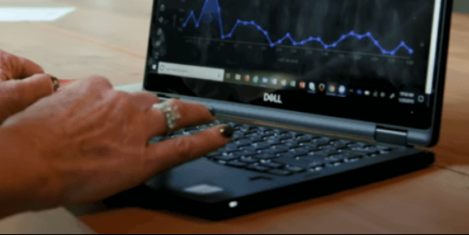
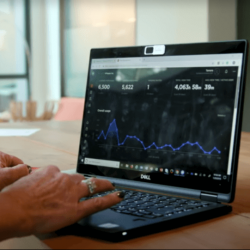 According to new research from
According to new research from 
 New research from
New research from 





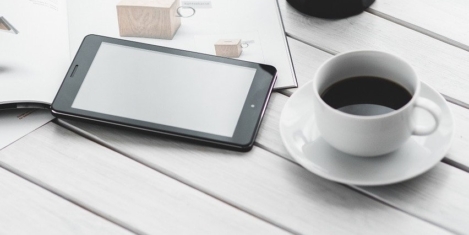
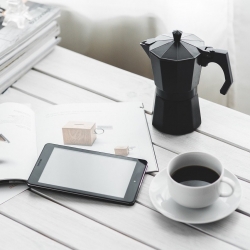

 The amount of change that the average employee can absorb without suffering fatigue in 2020 has been cut in half compared to 2019, according to
The amount of change that the average employee can absorb without suffering fatigue in 2020 has been cut in half compared to 2019, according to 







November 10, 2020
What Carl Sagan could teach us about knowledge and information
by Mark Eltringham • Comment, Flexible working